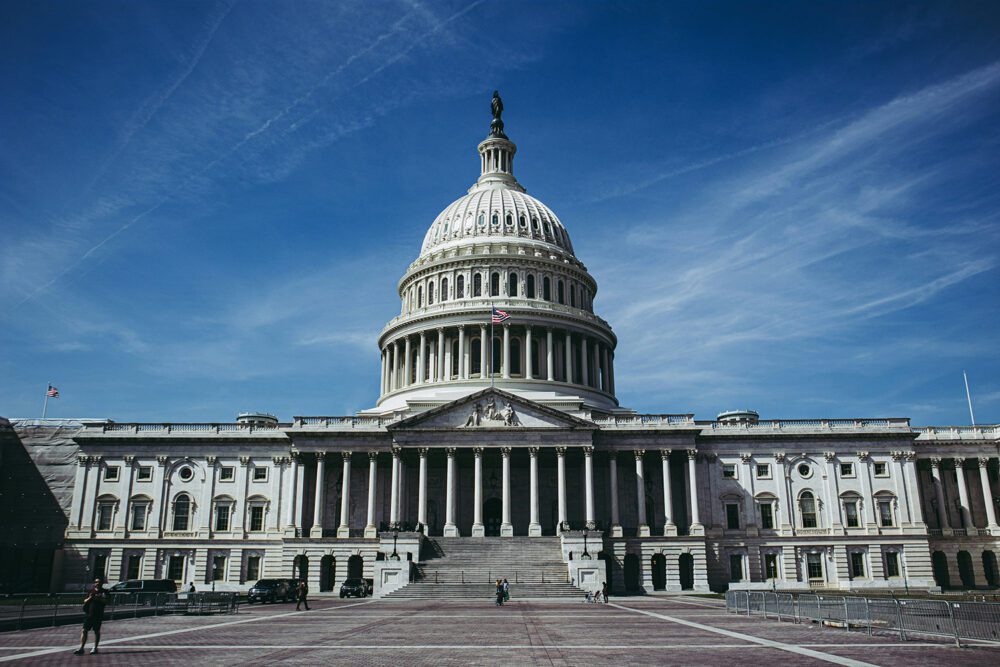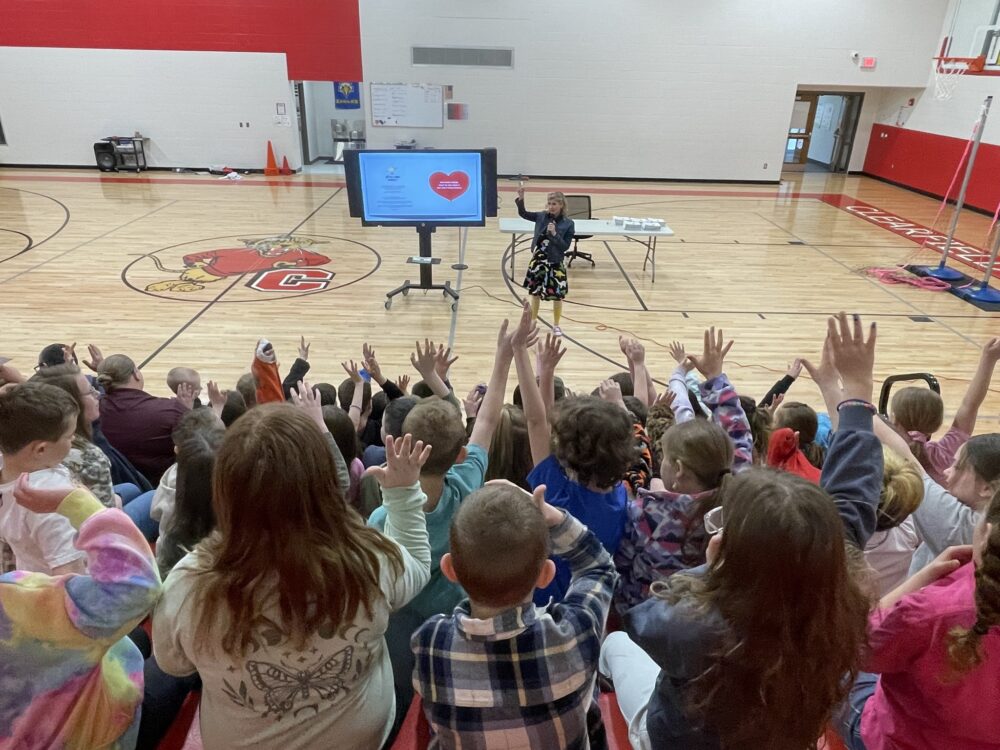Federal Funding Update on Humanities Councils
Washington, DC – August 25, 2025
State humanities councils across the country are close to their breaking point. Despite a federal district court delivering a preliminary injunction on August 6 ruling that the termination of humanities councils’ operating grants in April by the National Endowment for the Humanities (NEH) was unlawful, this does not mean any funds are being reinstated. It means the case can proceed, but there may still be a long way to go before any legal resolution.
For more than 50 years, humanities councils have received Congressionally-mandated operating grants through the NEH, which make up a foundational portion of each council’s annual budget. These grants were terminated overnight, with no advanced notice or opportunity for councils to plan for new funding models.
While emergency funding from the Mellon Foundation ensured no councils have closed their doors, five months without full funding has caused staff layoffs, cancelled programs, and rapid fundraising to cover gaps while councils pivot to long-term sustainability.
The Congressional Appropriation (continuing resolution) enacted on March 14, 2025 and signed into law by President Trump extended the previous year’s funding level of $65 million for state humanities councils through the National Endowment for the Humanities. Despite this, councils have received less than half of what was intended for them in 2025, resulting in the pause or cancellation of over one third of programs and over 60% of all council grantmaking programs. These grant programs fund vital cultural infrastructure like local museums, rural libraries, and community nonprofits.
Kentucky Humanities has had to stop offering the Prime Time family reading program in their state. Prime Time helps families of young children foster literacy at home and bond through reading aloud, and studies show children whose families participated in Prime Time test higher when they enter school.
West Virginia Humanities Council has also had to cancel their robust community grant program, which has for decades funded small museums, festivals, K-12 teacher development, documentaries, and more.
State and jurisdictional humanities councils are the only national network of nonprofits dedicated to public humanities programming and grants that encourage balanced and bipartisan dialogue, history, culture, current events, and more. This network is critical to the cultural health of states and territories, yet councils are having to take unprecedented steps to survive.
Wisconsin Humanities was able to raise enough funds to maintain three staff members and go into a hibernation mode in the hope that they can relaunch programs and resume partnerships if funding is restored.
Oklahoma Humanities is facing immediate layoffs of all staff except for one and cancellation of grants and all but two programs in the coming weeks.
In three months, councils reduced their national workforce by 9%, with the most layoffs affecting the Pacific, Intermountain West, and Midwest regions. Layoffs will continue through the end of the year, with a projected total loss of 28% of council staff and 16 councils with two or fewer paid staff in 2026.
Hawai’i Council for the Humanities had to lay off several long-time staff members who each took with them an irreplaceable 10-25 years of institutional knowledge, hard-earned community trust, and program expertise.
Michigan Humanities has had to layoff half their team alongside cancellation of community grants and all but three of their programs.
“The outpouring of support from the community for humanities programs in their communities has been overwhelming,” said Phoebe Stein, President of the Federation of State Humanities Councils. “These programs help solve longstanding community problems, teach children to read, help veterans heal and re-enter civilian life, and improve teen mental health. Loss of these programs will have a longstanding and significant impact.
“In the coming weeks, we will see some pivotal decisions made that will affect communities for generations to come,” Stein continued. “Congress has proposed continued funding for these important programs because they have seen the value they bring to Americans. Everyone can get involved. Call your Senators and Representatives and urge them to pass these budget bills and donate if you are able to your state humanities councils; our wonderful partners at the Mellon Foundation have provided one-time emergency funding and many gifts are being matched 1:1.”
Media Contact: Hannah Hethmon, Communications Manager, Federation of State Humanities Councils – hhethmon@statehumanities.org




